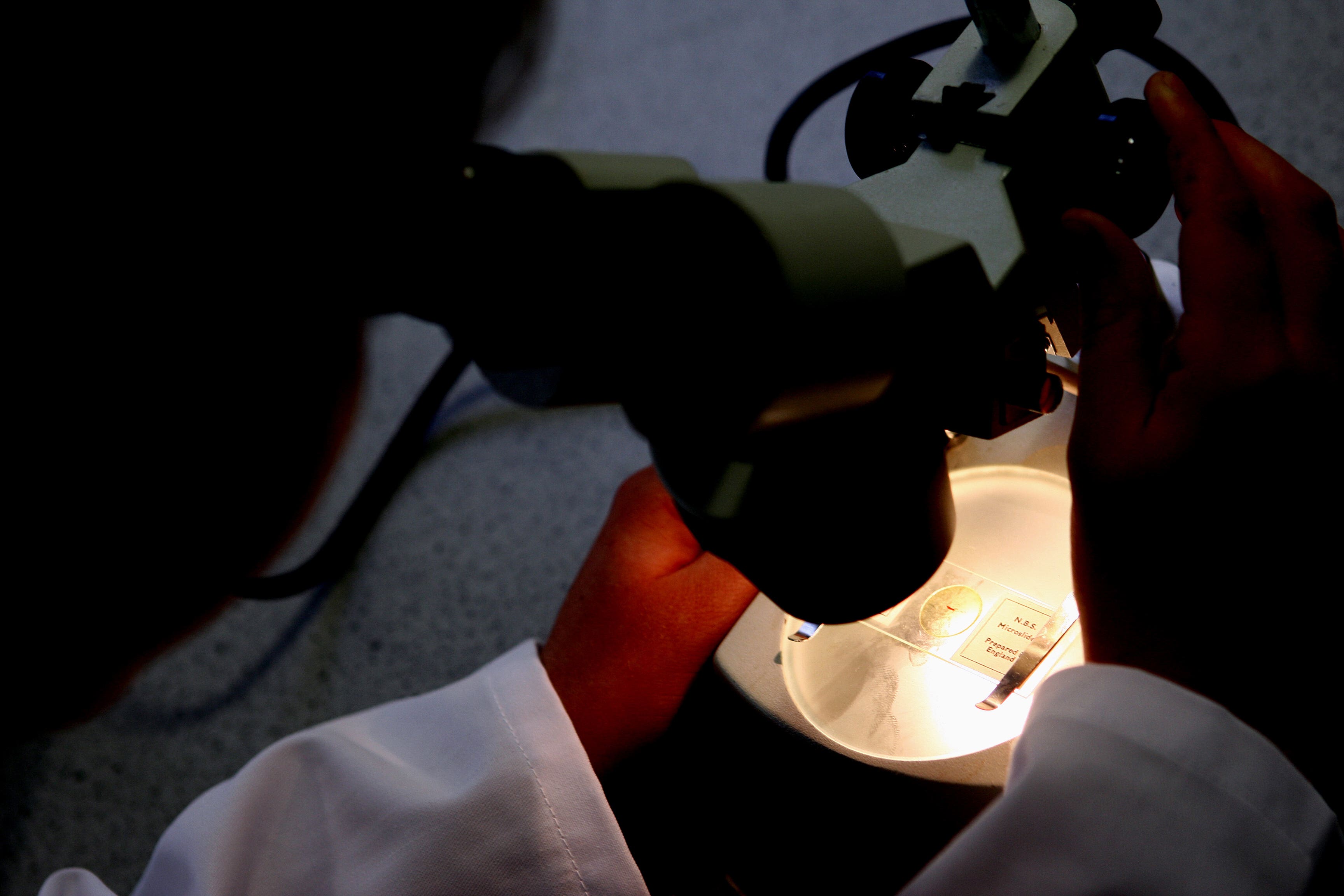Study shows male birth control gel is quicker than other methods
The gel was rubbed in to each shoulder blade daily

Your support helps us to tell the story
From reproductive rights to climate change to Big Tech, The Independent is on the ground when the story is developing. Whether it's investigating the financials of Elon Musk's pro-Trump PAC or producing our latest documentary, 'The A Word', which shines a light on the American women fighting for reproductive rights, we know how important it is to parse out the facts from the messaging.
At such a critical moment in US history, we need reporters on the ground. Your donation allows us to keep sending journalists to speak to both sides of the story.
The Independent is trusted by Americans across the entire political spectrum. And unlike many other quality news outlets, we choose not to lock Americans out of our reporting and analysis with paywalls. We believe quality journalism should be available to everyone, paid for by those who can afford it.
Your support makes all the difference.A male contraceptive gel has taken a step closer to be readily available after tests showed it worked quicker than other male birth control methods.
The gel, that contains 8 milligrams (mg) of segesterone acetate and 74 mg of testosterone, suppresses sperm production faster than other experimental hormone-based contraceptive methods, the new study found.
The men in the study applied the gel once daily to each shoulder blade, and did sperm count tests every four weeks.
The threshold deemed effective for contraception was one million or fewer sperm per millilitre of semen.
According to the findings, presented at ENDO 2024, the Endocrine Society’s annual meeting in Boston, 86% of men in the study reached this sperm count by week 15.
Among those men, sperm production was suppressed at an average time of less than eight weeks of treatment.
While there are many forms of female contraception in clinical use, birth control options for men are currently very limited.
Researchers say that prior studies of male hormonal contraceptives given by injections showed an average time between nine and 15 weeks for sperm output to become suppressed.

Senior researcher Diana Blithe, chief of the contraceptive development program at the National Institutes of Health (NIH) in Bethesda, USA, said: “A more rapid time to suppression may increase the attractiveness and acceptability of this drug to potential users.”
She added: “The development of a safe, highly effective and reliably reversible contraceptive method for men is an unmet need.
“While studies have shown that some hormonal agents may be effective for male contraception, the slow onset of spermatogenic suppression is a limitation.”
The study included 222 men who completed at least three weeks of daily treatment with the contraceptive gel.
The gel contained 8 milligrams (mg) of segesterone acetate and 74 mg of testosterone.
The sperm suppression stage of the study is complete, and researchers will now look at the contraceptive’s effectiveness, safety, acceptability and reversibility of contraception after treatment stops.
Last year it was announced that a group of British men would be the first in the world to test a new hormone-free male contraceptive pill.
Scientists hope that if the tests are successful, the daily pill could broaden shared responsibility for contraception between the sexes.